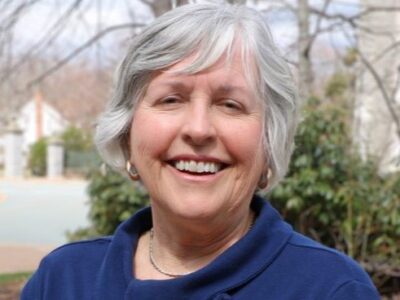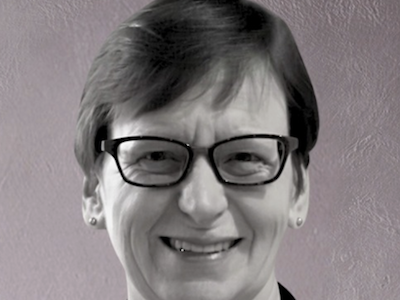This year’s Annual TD Lecture on The Future of Philanthropy was hosted by Carleton University’s MPNL program and TD Bank Group in September. Called “From Charity to Social Justice,” the virtual event looked at how philanthropy is being transformed to create a more inclusive, just and equitable world. It presented proposals for transformative changes within marginalized communities and the philanthropic sector as a whole. Moderated by Susan Phillips, Graduate Supervisor of the program, the panelists discussed:
- increasing disbursement quotas;
- mandating equity benchmarks for greater representation;
- strengthening investment in equity-seeking groups;
- trusting and donating to non-qualified donees because of their experience on the frontlines;
- giving to organizations with alternative models; and
- moving beyond intermediaries to give directly to communities and their leaders.
At the speed of change
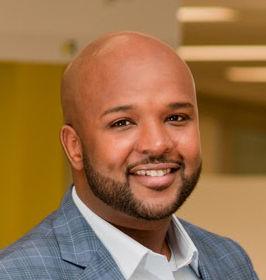
Liban Abokor
“Realign, represent, resource, then repeat,” said Liban Abokor in his opening remarks. “A simple enough recipe to dismantle inequity.” Abokor is Executive Director of Youth LEAPS, a nonprofit organization dedicated to improving educational and employment outcomes for Black youth in Toronto.
Organizations must realign their purposes to include communities that are regularly overlooked, and guarantee that they’re represented in decision-making processes, he said. He added that it’s also necessary for the communities to receive resources to address challenges they’ve identified for themselves.
Discrepancies arise when it comes to discussing the speed of changes. Abokor shared how some people in the sector advise against moving too rapidly, while others argue that slow changes are insufficient to produce a more equitable sector. “This paralytic procrastination that calls for a ‘learning journey’ is akin to a fire truck taking the scenic route to a house fire,” Abokor said. “The journey’s cost is preventable human suffering, putting the lives of millions of Canadians in jeopardy.”
“Addressing inequity in philanthropy should not be the job of those who are burdened by it,” Abokor said. “It is the moral and ethical responsibility of those in leadership positions within our sector to be leading the charge. More than that, it’s our fiduciary responsibility as well, given the tax treatment our sector receives.”
Go at the speed of trust
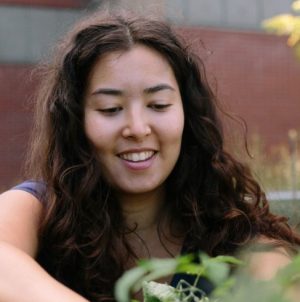
Kristen Perry
Kristen Perry, a community organizer whose work centres on community care and mutual aid, spoke of donors funding projects and movements that challenge systems that are oppressive — and that we should work towards safer alternatives led by marginalized communities.
Perry said it is important to know Canada’s history when discussing wealth, and to recognize class, race, gender and other privileges that one may have. “Instead of feeling shame for those, we really need to use them to leverage and support movement work, instead of just upholding structures of oppression,” she said.
According to Perry, mutual aid is on the rise because of the pandemic, but many communities have had to engage in it for generations, because they weren’t being taken care of by society. Since these communities are familiar with taking care of themselves, it’s important for foundations and donors to “go at the speed of trust,” to let go of micromanagement practices, and to believe that the funding is being used in a good way.
She said the charity model isn’t about giving a gift out of the goodness of one’s heart, but owing resources because they were earned from exploitation. “The language we use in the Resource Movement is ‘redistribution,’ because we recognize that the wealth that has been accumulated has been accumulated through disenfranchisement of other communities,” Perry explained.
Due to this history, communities had to take matters into their own hands, but the panelists said it does not have to be this way.
“That’s why we need allies to be stepping up and taking on some of that burden,” Perry said. “Because the thing about power is, to get more, usually, you need to have some power to start with. So, I really believe in community power.”
Trust-based philanthropy within a colonial system
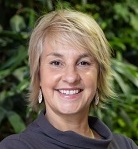
Joanna Kerr
Joanna Kerr, President and CEO of MakeWay, acknowledged that while inequality became much more visible because of the pandemic, a lot wealth grew during the COVID pandemic. She said the pandemic drew more attention about the role philanthropy must play, and provided an opportunity to improve. “If our purpose is to tackle the root cause, we actually have to understand the interconnectedness of crises and systems and identities and people,” Kerr said. “We are all part of the system that is reproducing inequality.”
She described philanthropy as a colonial system needing people with privilege to help shift power — and that starts with organizational culture. “If you’re not tackling inequality in your own organization, or the way power is concentrated in your organization, then how are you supposed to change the world?”
Kerr advocates for moving towards trust-based philanthropy. This would mean allowing members of the communities most affected to have a seat at the table when discussing charitable laws and influencing policy. It would also mean letting go of specific, project-based outcome measurements and relinquishing direct control of funds.
“We need to be able to provide core funding, multi-year funding, so that organizations, movements, and leaders who are changemakers can get out of the starvation cycle and can be adaptive and flexible,” Kerr said.
The rest of the event, including a Q&A period with panelists, is available in full here.
Sherlyn Assam is a graduate student in the MPNL program and a Research Assistant for PANL Perspectives — and is on LinkedIn and Twitter.
Wednesday, September 29, 2021 in For homepage, Social Justice & Change
Share: Twitter, Facebook
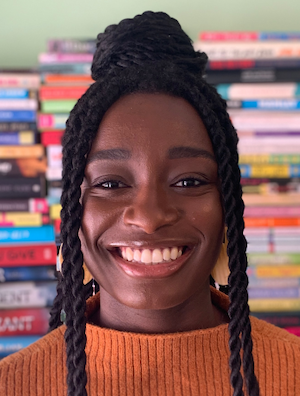 By
By 
